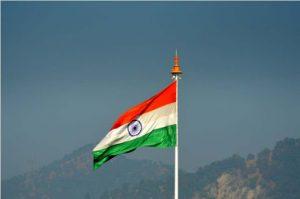It is almost going to be a year since India and China locked horns on the Line of Actual Control (LAC). As India is consistently trying to surpass the dragon, the Indian army is looking forward to using Tibetology to assist them in their battle against the PLA.
In order to counter the influence of Chinese propaganda, the army is working on a proposal for its officers to study Tibetan history, culture and language on both sides of the LAC. This initiative to study Tibetology was first put forward in the Army commanders’ conference in October. Chief of the Army Staff, General MM Naravane has directed the Shimla-based Army Training Command (ARTRAC) to further analyse the matter.
ARTRAC has recognised seven institutes where postgraduate courses in Tibetology are taught and Army officers can go on “study leave”. There are also recommendations being made that officers can be sent to these institutes for “small capsules” on Tibetology.
Institutions which are recognised by the ARTRAC are:
- Department of Buddhist Studies (Delhi University)
- Central Institute for Higher Tibetan Studies (Varanasi)
- Nava Nalanda Mahavihara (Bihar)
- Visva Bharati (West Bengal)
- Dalai Lama Institute for Higher Education (Bengaluru)
- Namgyal Institute of Tibetology (Gangtok)
- Central Institute of Himalayan Culture Studies (Dahung, Arunachal Pradesh)
Generally, Army officers are well-aware of Pakistani issues but when it comes to China, that expertise is lost somewhere among most of the army officials. Only a small number of officers really understand China. That number drops very low when Tibetology is concerned.
Experts believe that the army should build expertise on both China and Tibet in terms of “linguistic, cultural and behaviour patterns”. This needs a selected number of officers being posted for a longer time period along the LAC instead of the western front with Pakistan. Experts warn that only a two-year course in Mandarin is not sufficient to make an officer a China expert.
India has avoided using “Tibet card” over the years to ruin its relations with China. However in recent times, India sent a signal by making use of the Special Frontier Force, a covert special unit constituted of the Tibetan community exiled in India, to occupy heights on the south bank of Pangong Tso-Kailash range area in end-August.



